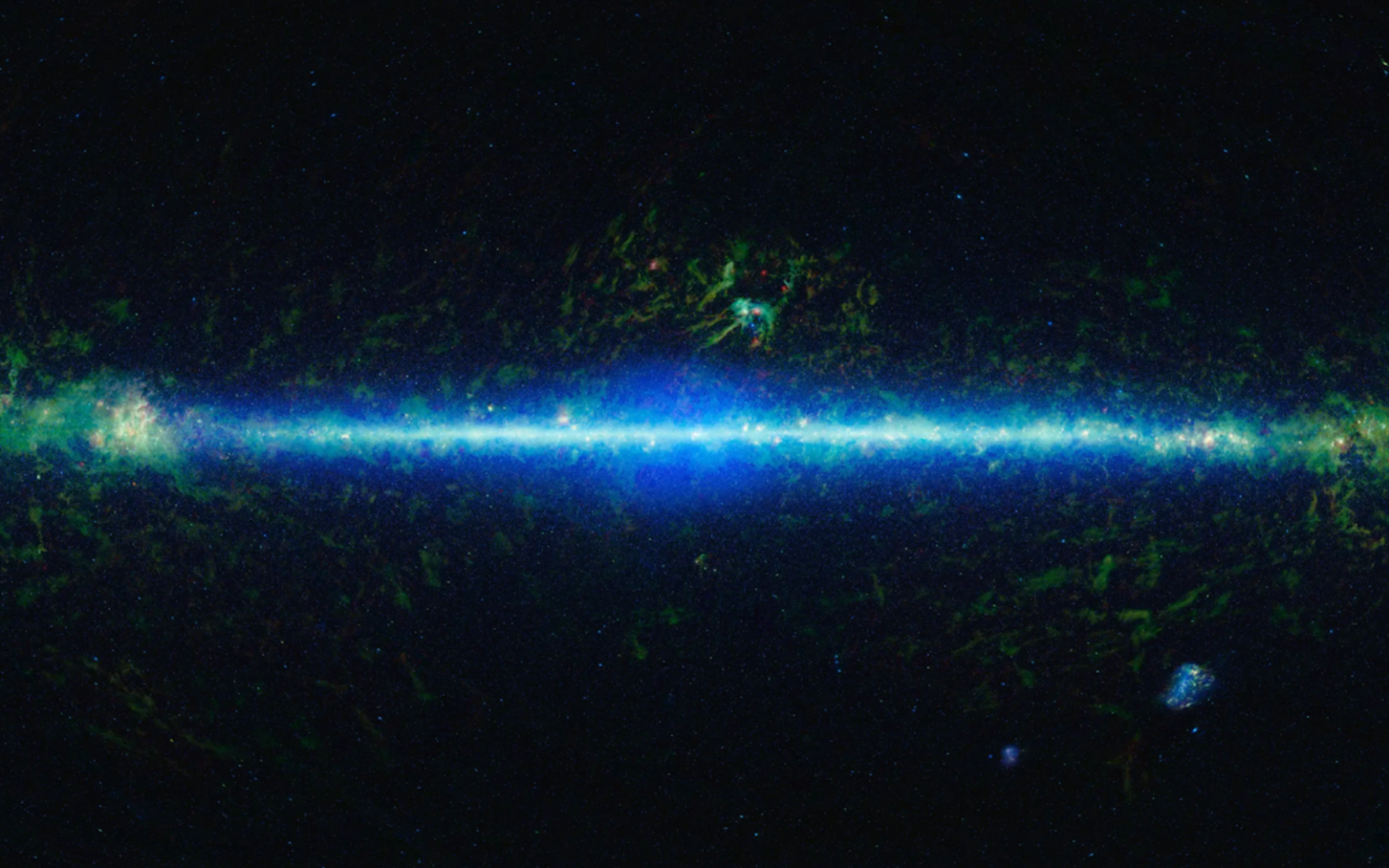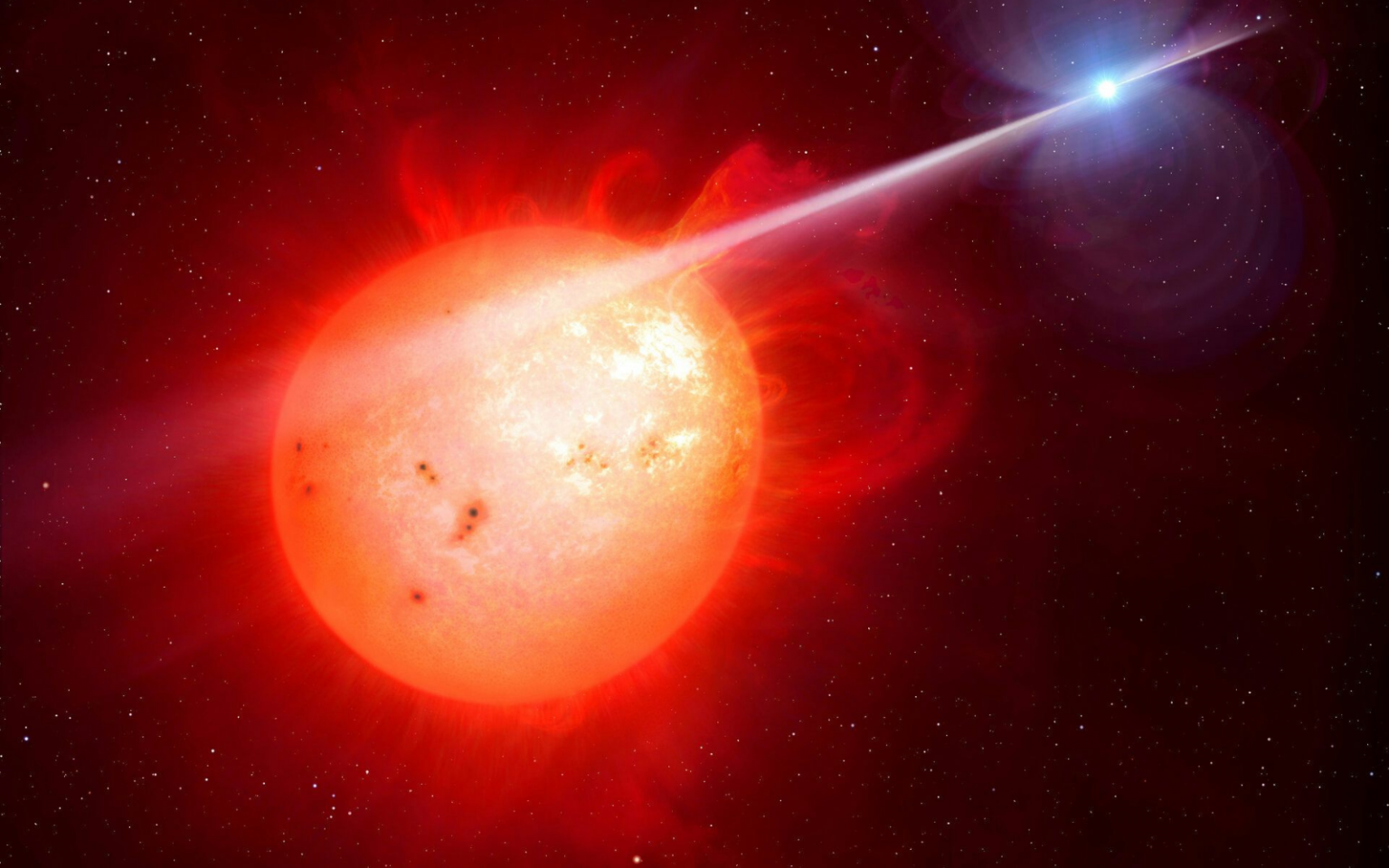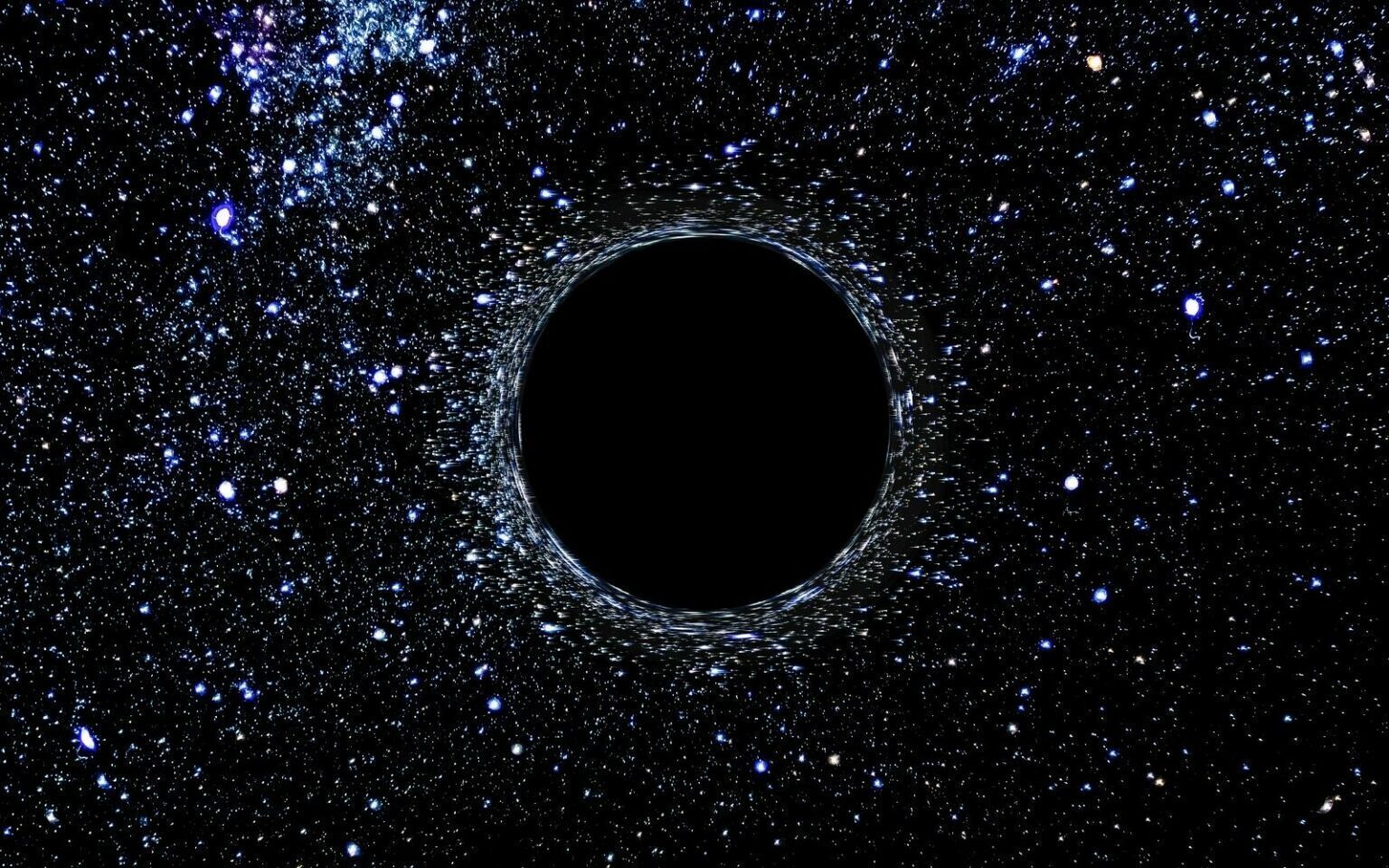We have only one example of biology forming in the universe – life on Earth. But what if life can form in other ways? How do you look for alien life when you don’t know what alien life might look like? These questions are preoccupying astrobiologists, who are scientists who look for life beyond Earth. Astrobiologists have attempted to come up with universal rules that govern the emergence of complex physical and biological systems both on Earth and beyond. I’m an astronomer who has written extensively about astrobiology. Through my research, I’ve learned that the most abundant form of extraterrestrial life is likely to be…
Author: The Conversation
Our growing reliance on technology at home and in the workplace has raised the profile of e-waste. This consists of discarded electrical devices including laptops, smartphones, televisions, computer servers, washing machines, medical equipment, games consoles and much more. The amount of e-waste produced this decade could reach as much as 5 million metric tonnes, according to recent research published in Nature. This is around 1,000 times more e-waste than was produced in 2023. According to the study, the boom in artificial intelligence will significantly contribute to this e-waste problem, because AI requires lots of computing power and storage. It will, among…
Over the past two years, we have seen much written about the “promise and peril” of artificial intelligence (AI). Some have suggested AI systems might aid in the construction of chemical or biological weapons. How realistic are these concerns? As researchers in the field of bioterrorism and health intelligence, we have been trying to separate the genuine risks from the online hype. The exact implications for “chem bio” weapons are still uncertain. However, it is very clear that regulations are not keeping pace with technological developments. Assessing the risks Assessing the risk an AI model presents is not easy. What’s more, there is…
A new machine-learning weather prediction model called GenCast can outperform the best traditional forecasting systems in at least some situations, according to a paper by Google DeepMind researchers published today in Nature. Using a diffusion model approach similar to artificial intelligence (AI) image generators, the system generates multiple forecasts to capture the complex behaviour of the atmosphere. It does so with a fraction of the time and computing resources required for traditional approaches. How weather forecasts work The weather predictions we use in practice are produced by running multiple numerical simulations of the atmosphere. Each simulation starts from a slightly different estimate…
Publishing is one of many fields poised for disruption by tech companies and artificial intelligence (AI). New platforms and approaches, like a book imprint by Microsoft and a self-publishing tech startup that uses AI, promise to make publishing faster and more accessible than ever. But they also may threaten jobs – and demand a reconsideration of the status and role of books as cultural objects. And what will be the impact of TikTok owner ByteDance’s move into traditional book publishing? Microsoft’s 8080 Books Last week, Microsoft announced a new book imprint, 8080 Books. It will focus on nonfiction titles relating to technology,…
The NASA project NEOWISE, which has given astronomers a detailed view of near-Earth objects – some of which could strike the Earth – ended its mission and burned on reentering the atmosphere after over a decade. On a clear night, the sky is full of bright objects – from stars, large planets and galaxies to tiny asteroids flying near Earth. These asteroids are commonly known as near-Earth objects, and they come in a wide variety of sizes. Some are tens of kilometres across or larger, while others are only tens of meters or smaller. On occasion, near-Earth objects smash into Earth…
Since Donald Trump’s recent electoral victory, rumours and speculation have circulated that NASA’s giant Moon rocket, the Space Launch System (SLS), could be under threat. The rocket is one of several key elements needed for the US space agency’s Artemis programme, which aims to return humans to the Moon for the first time since 1972. For the first lunar landing mission, called Artemis III, the SLS will launch four astronauts on NASA’s Orion crew capsule. Orion will then travel to the Moon. Once in lunar orbit, Orion will dock with Elon Musk’s Starship vehicle (which has been launched separately). Two astronauts will float into…
Slowly repeating bursts of intense radio waves from space have puzzled astronomers since they were discovered in 2022. In new research, we have for the first time tracked one of these pulsating signals back to its source: a common kind of lightweight star called a red dwarf, likely in a binary orbit with a white dwarf, the core of another star that exploded long ago. A slowly pulsing mystery In 2022, our team made an amazing discovery: periodic radio pulsations that repeated every 18 minutes, emanating from space. The pulses outshone everything nearby, flashed brilliantly for three months, then disappeared. We know some…
Astronomers exploring the faraway universe with the James Webb Space Telescope, NASA’s most powerful telescope, have found a class of galaxies that challenges even the most skillful creatures in mimicry – like the mimic octopus. This creature can impersonate other marine animals to avoid predators. Need to be a flatfish? No problem. A sea snake? Easy. When astronomers analyzed the first Webb images of the remote parts of the universe, they spotted a never-before-seen group of galaxies. These galaxies – some hundreds of them and called the Little Red Dots – are very red and compact, and visible only during about 1 billion years of cosmic…
What will humans be like generations from now in a world transformed by artificial intelligence (AI)? Plenty of thinkers have applied themselves to questions like this, considering how AI will alter lives – often for better, sometimes for worse. They have conjured dramatic scenarios, like the AI-driven extinction of humans (and many other species), or our assimilation into human-AI cyborgs. The predictions are generally grim, pitting the fate of all humans against a unitary (or unified) AI opponent. What if the AI future doesn’t stretch to these sci-fi dystopias? For an evolutionary biologist, seeing AI technologies diversify into all manner of applications looks…










